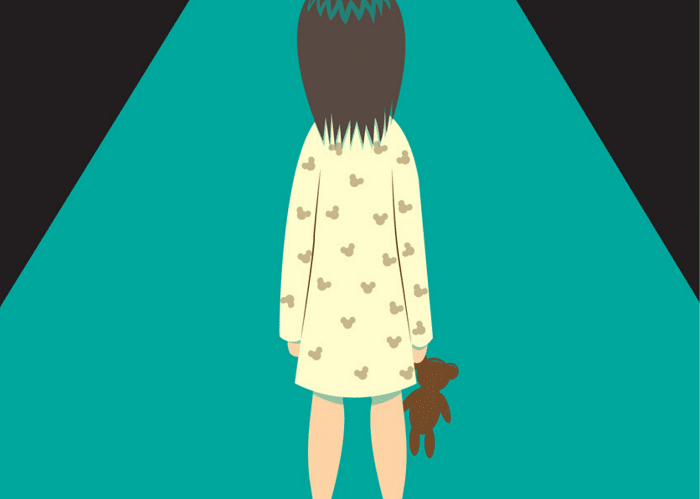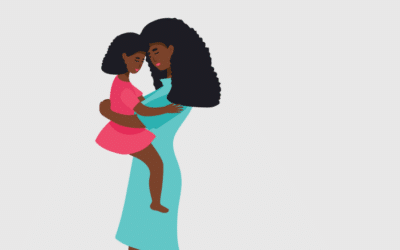For many of us, it’s the unspeakable—an unfathomably disgusting act, the violation of a child. It’s something we hear about in the news but say to ourselves, “that couldn’t happen in my town, not to my child.”
Denial helps shield us from the unimaginable—the emotions that are invoked when we think of the possibility that our child, or one that we know, could be violated in such a horrific way. In reality, the magnitude of the problem would send chills down your spine.
In the United States, 1 out of every 5 children will be sexually assaulted before their eighteenth birthday. To illustrate that statistic, at least six have or will be sexually abused in a class of thirty children.
To further complicate the matter, the perpetrator is rarely a stranger. In some ways, that makes the reality of child sexual abuse even more devastating. Those that victimize the ones we are driven to protect are our family members, partners, friends, neighbors, and others we often trust the most.
April is Child Abuse Prevention and Sexual Assault Awareness Month. To honor these critical topics, we want to arm you with the tools to protect your little ones.
So, without further ado, here are the indicators of sexual abuse in children that caregivers should be vigilant of:
Behavioral Signs
Acting younger or going back to doing younger tasks and activities
Sudden changes in behavior
Fear of being alone with a certain person
Sudden, unexplained fears of certain places or kinds of people (such as all people with a particular feature or characteristic)
Fear of being touched
Changes in quality of schoolwork or grades
Substance abuse
Delinquency
Self-mutilation or careless behaviors resulting in self-harm
Excessive play with their own private body parts
Persistent sex play with friends, toys, or pets
Frequent drawings that have sexual content
Unusual, persistent, or developmentally inappropriate questioning about human sexuality
The above may be dramatic or subtle changes in your child’s typical behaviors. When looking for behavioral changes, it’s essential to know your child’s baseline and understand typical sexual development. For example, many young children are curious about sexuality and frequently play with their private body parts.
Physical Signs
Eating more or less than usual
Having trouble sleeping
Soiling or wetting clothes, or bedwetting (or an increase, if it happens already)
Stomachaches
Physical pain or itching in the genital area
Underwear stained with blood or other discharge
Rectal bleeding
Problems walking or sitting
It’s essential to seek the support of your child’s physician for any medical symptoms of potential abuse. In the case of a medical emergency, you need to visit your local emergency room.
Emotional Signs
Severe anxiety (such as nightmares or clinging)
Depression (such as withdrawal, low self-esteem, thinking about or attempting suicide, or frequent crying)
Extreme anger (for example, tantrums, aggression, or increased irritability)
If your child has attempted suicide or expressed a desire to do so, you need to take them to your local emergency room to get evaluated by a Mental Health Professional (MHP). Regardless of their age, it’s critical to take all communications seriously about the desire to complete suicide.
Where Do I Go from Here?
If your child has been sexually assaulted, it’s essential to report the abuse. You’re obligated legally and ethically to file a police report with your local law enforcement agency. Doing so will protect you, your child, and other children from the abuser. The reality is, abusers rarely sexually assault just one victim. The average perpetrator can have multiple victims in their lifetime.
Once you have reported the abuse, you should seek support to help both you and your child process through trauma. Doing so will help to mitigate long-term mental health issues that can arise from abuse.
Youth Dynamics provides a wide variety of mental health services to youth and families in nearly every community throughout the Montana. You can learn more by calling 1-406-245-6539 or contacting us through our website.
Learn More
For more caregiver tools and parenting tips, check out the rest of our blog today. You can also follow us on social media at youthdynamicsmt on Instagram and Youth Dynamics of Montana on Facebook.






